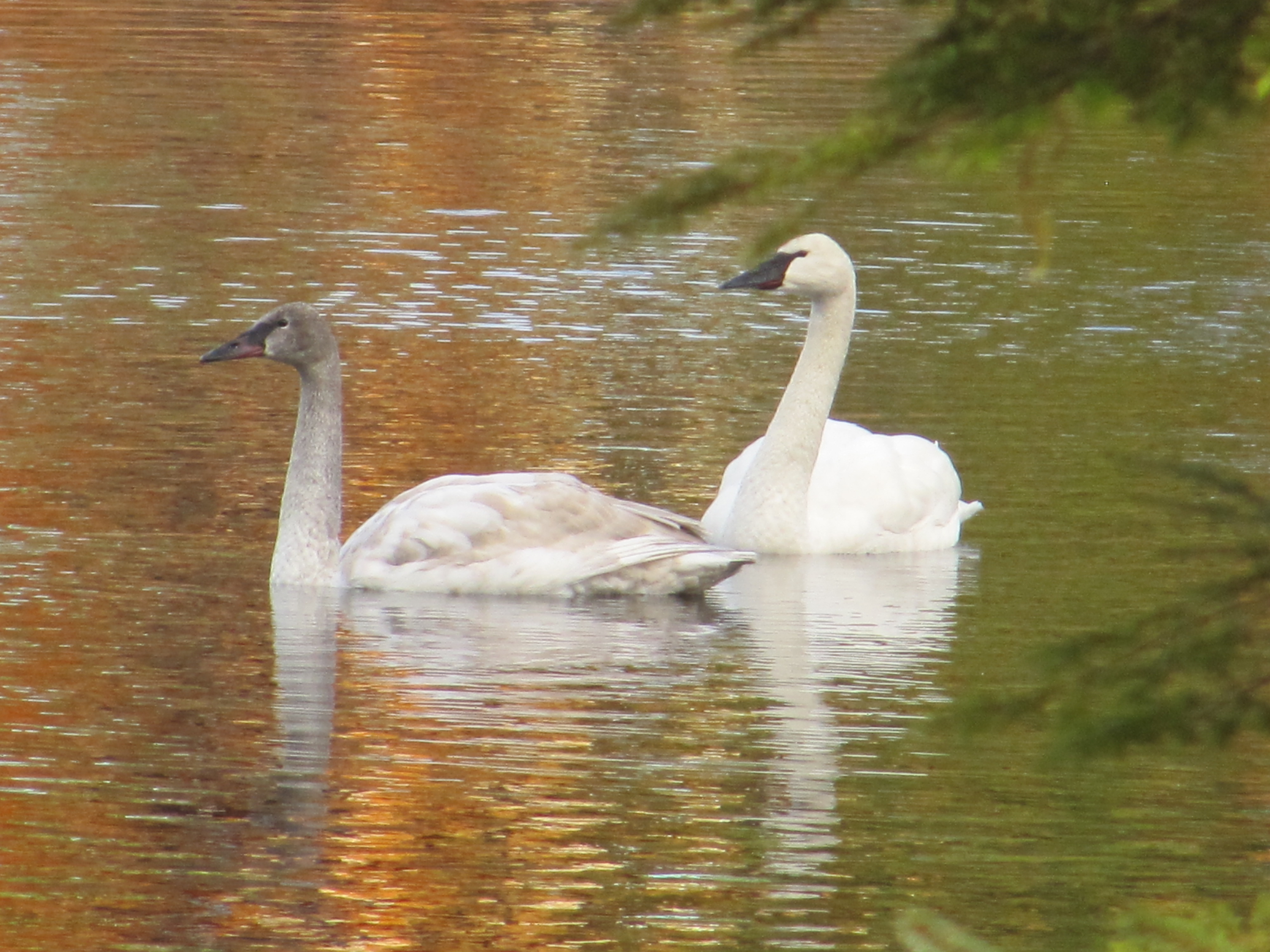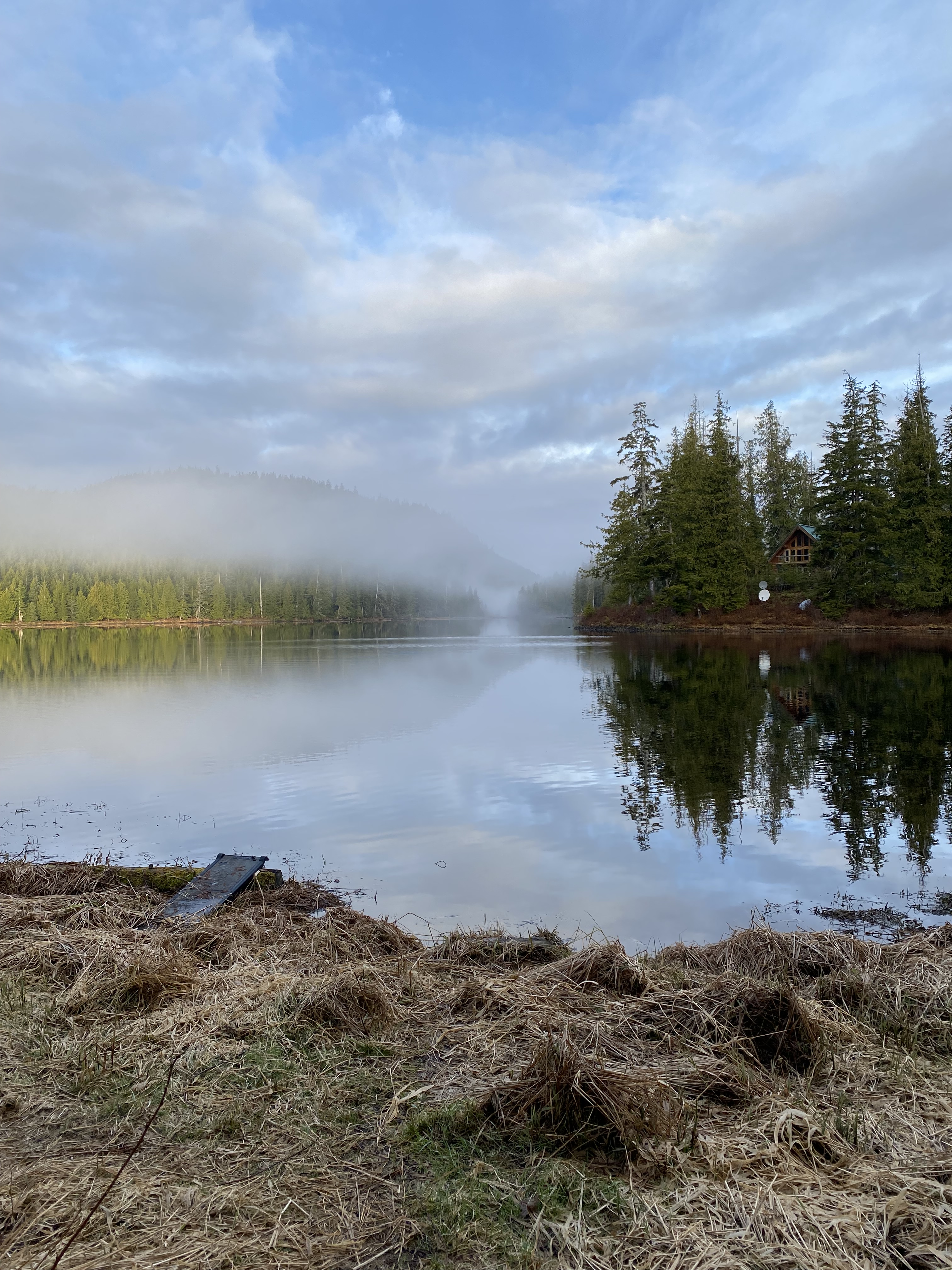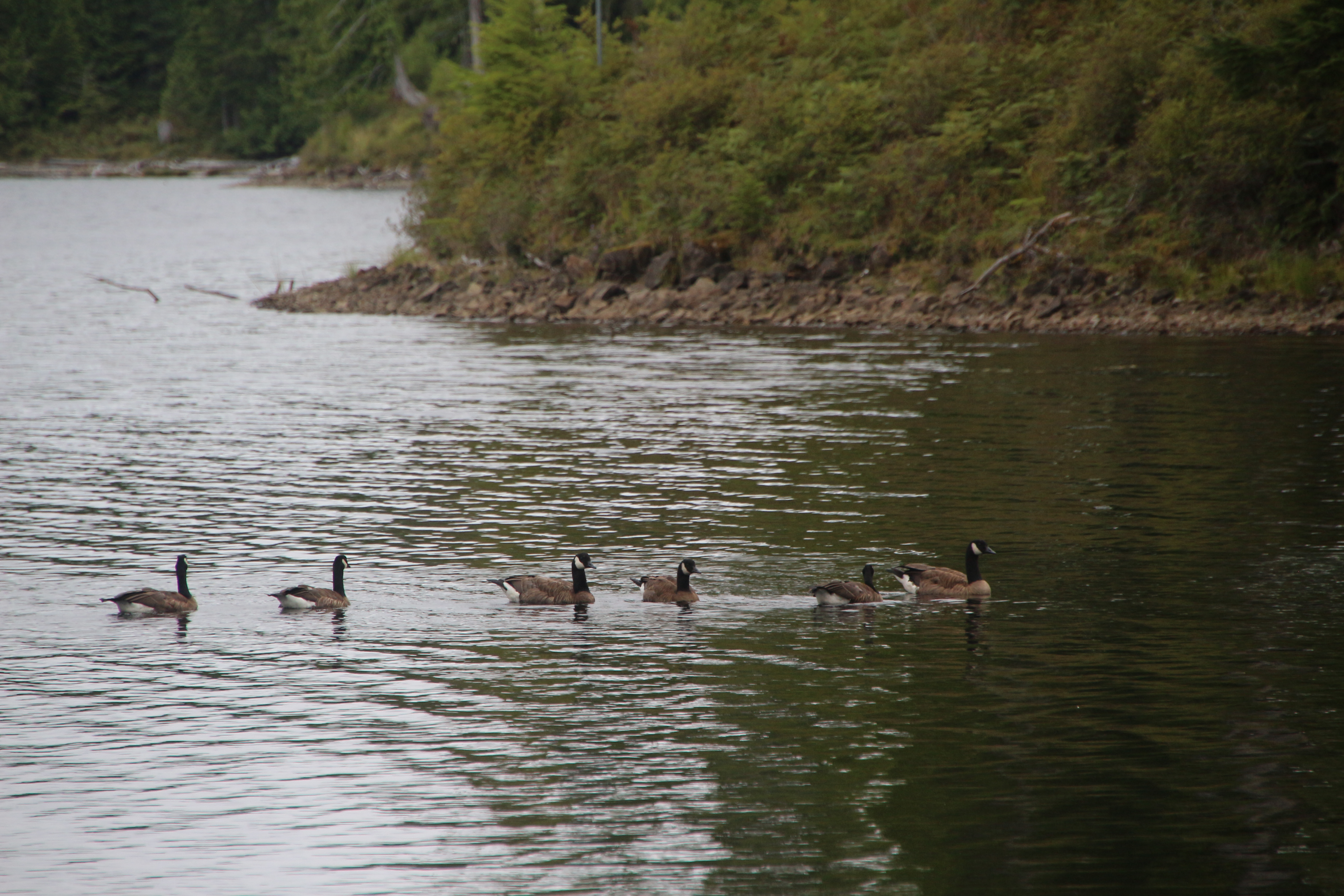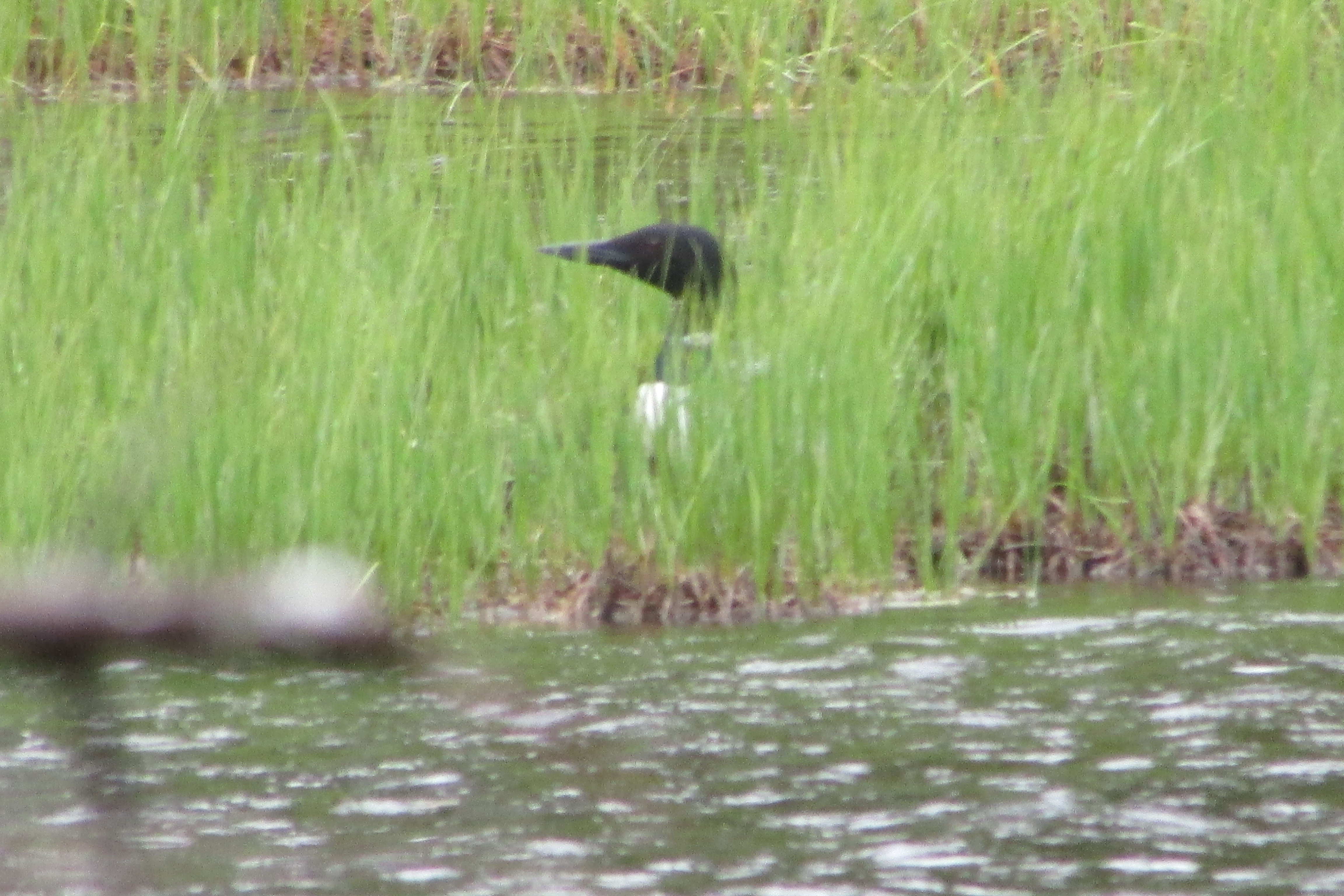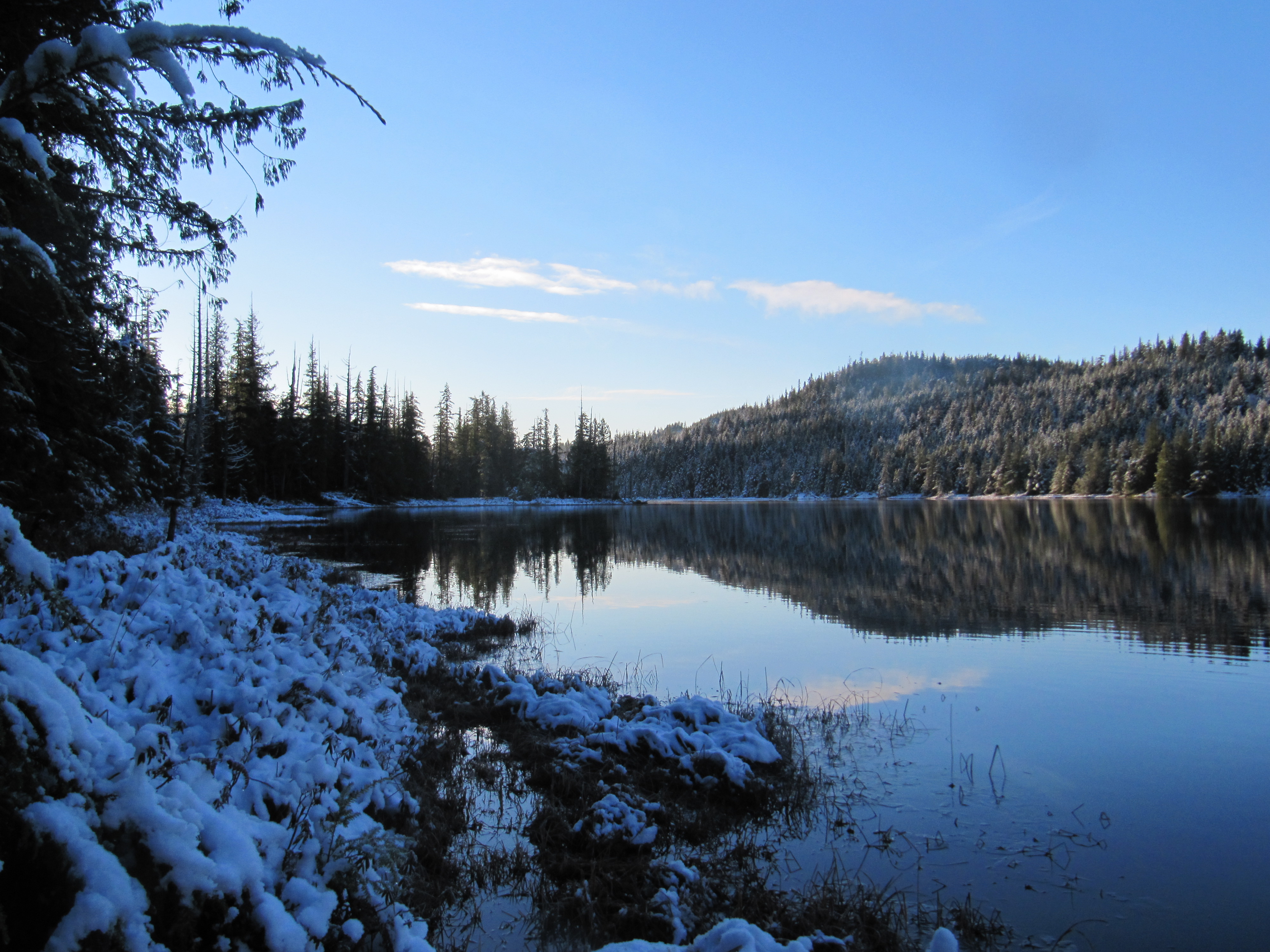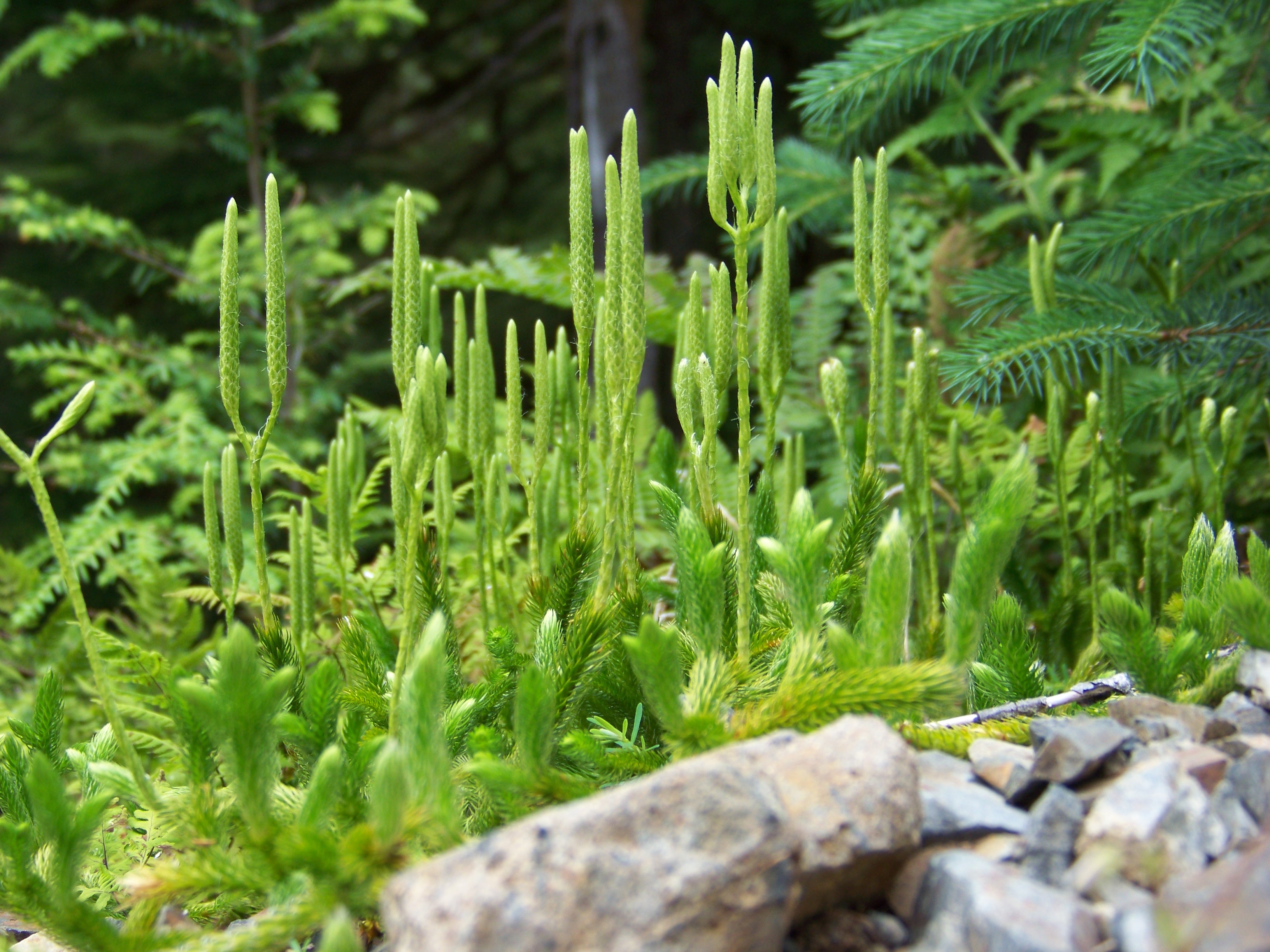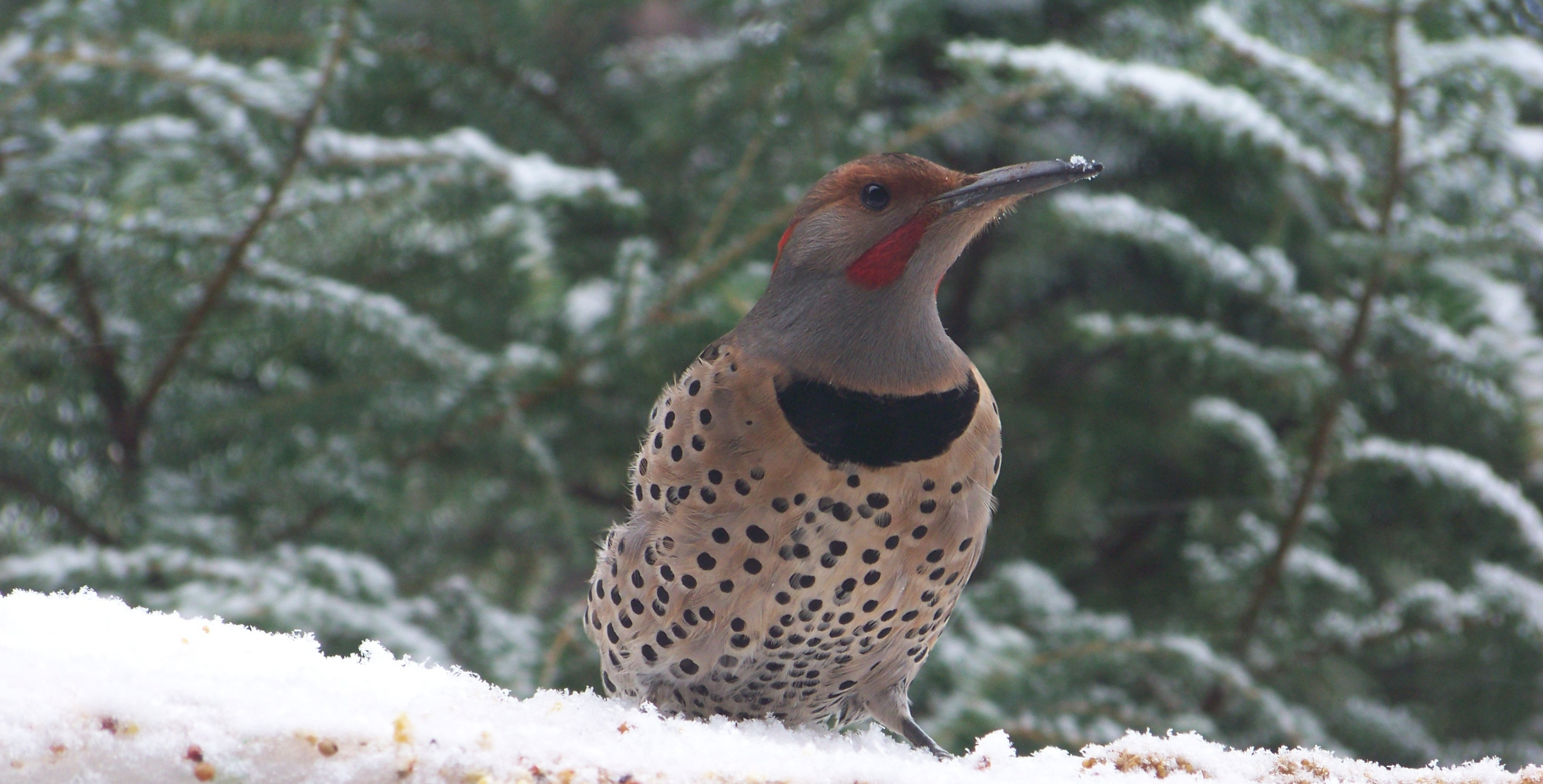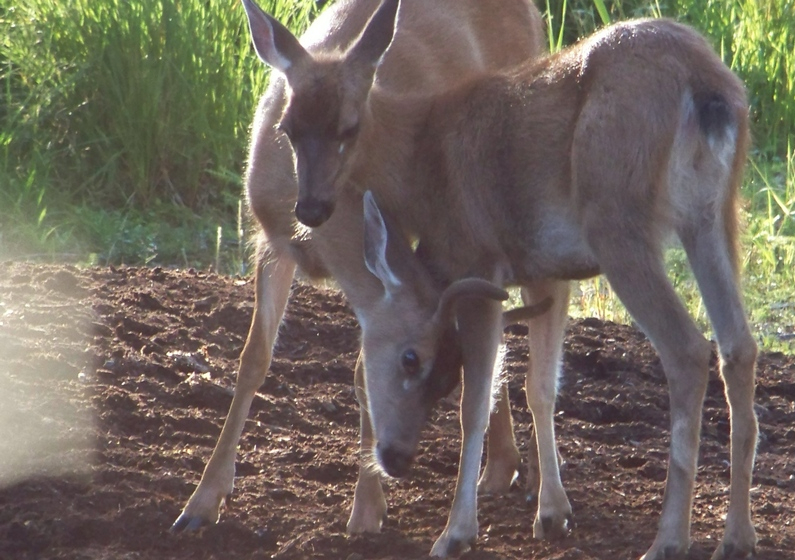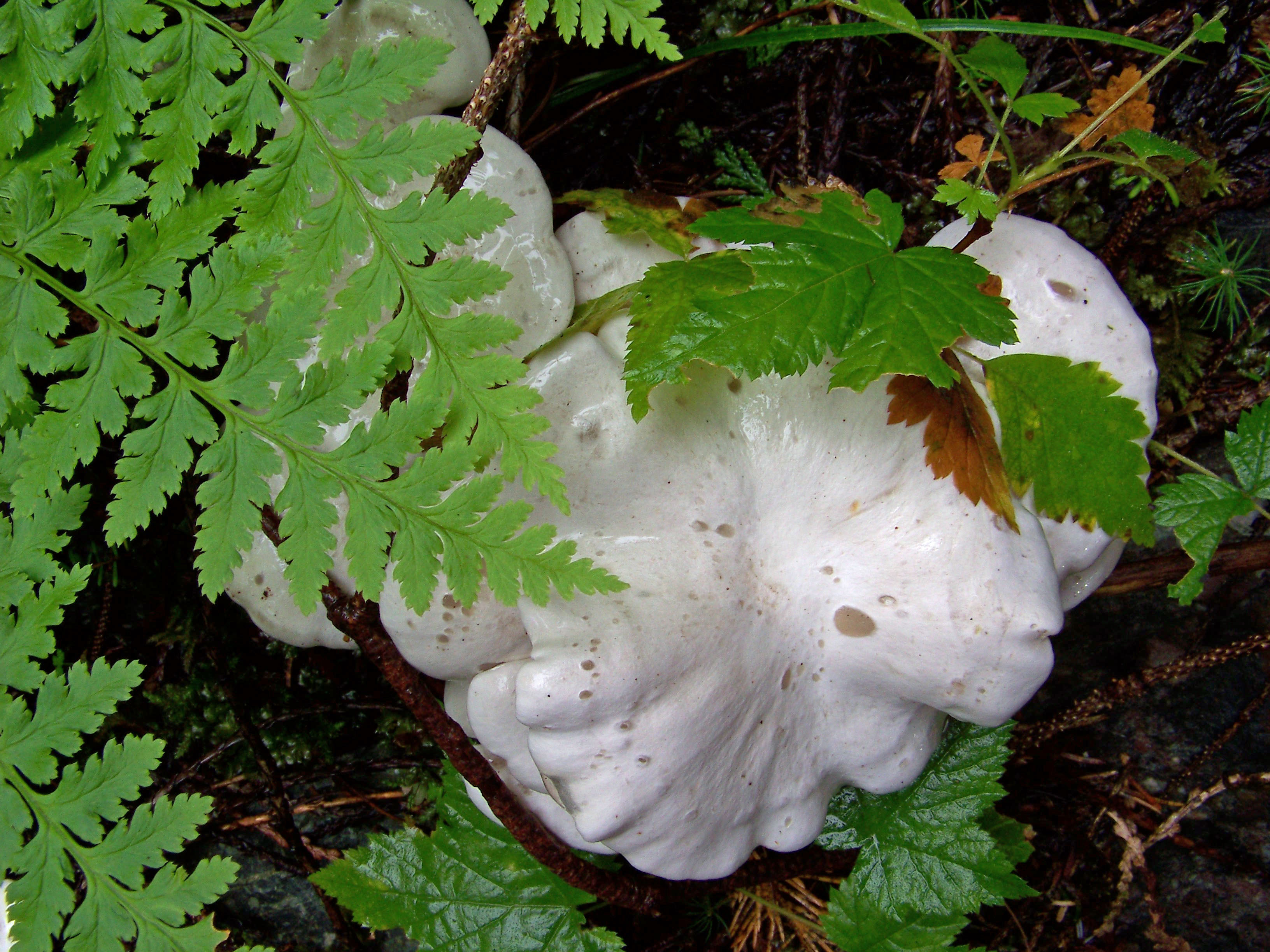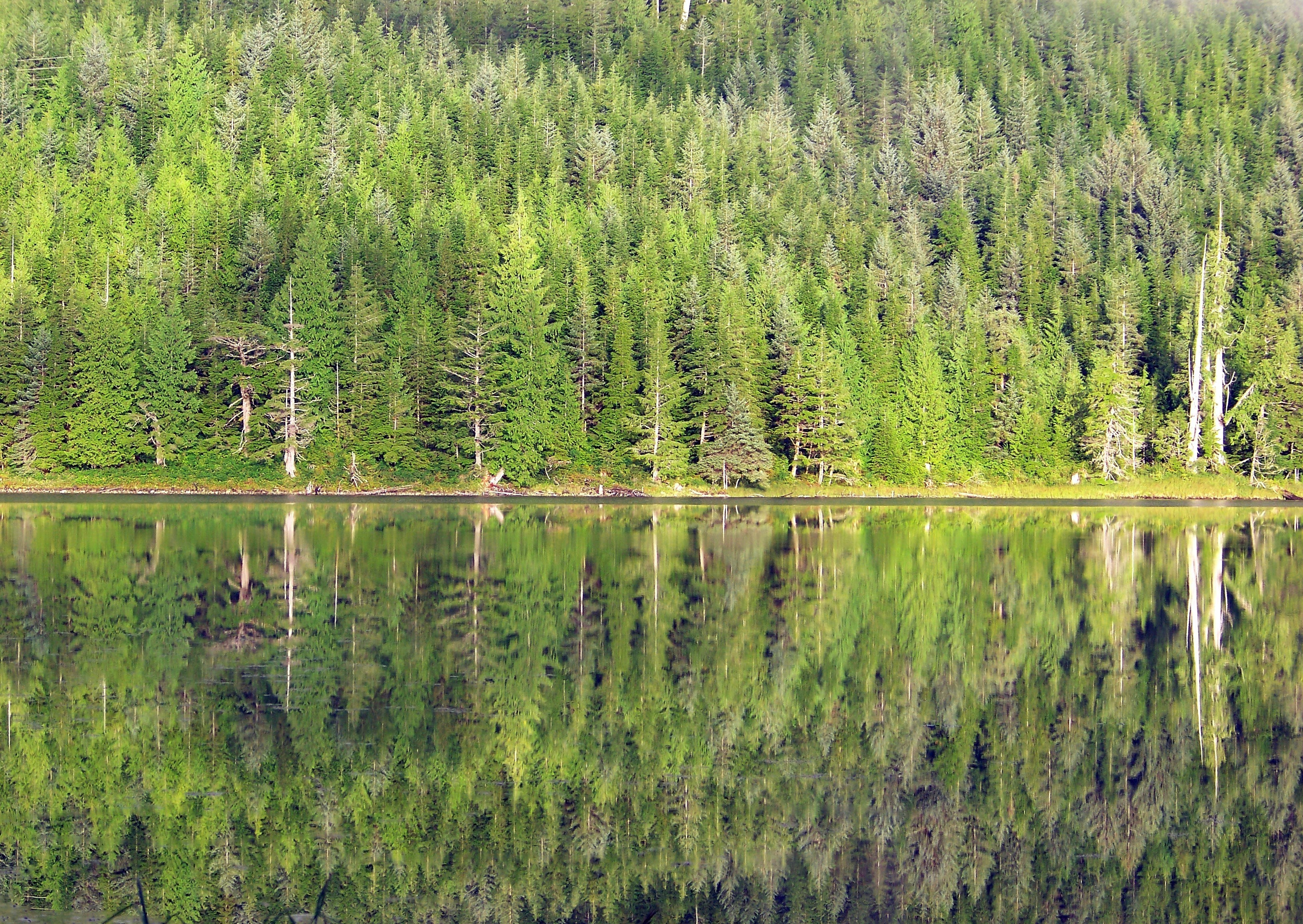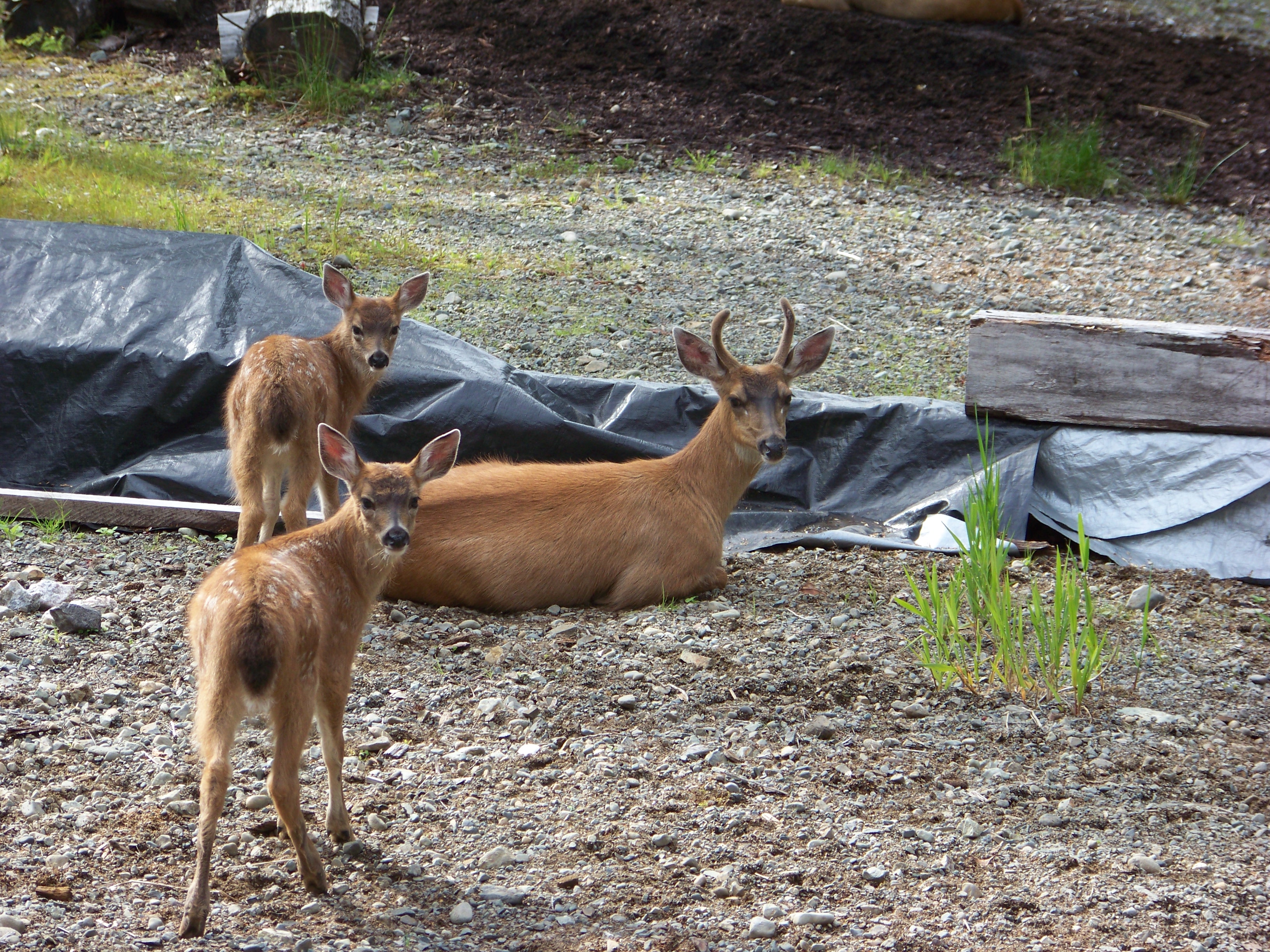A Chipewyan guide named Saltatha once asked a French priest what lay beyond the present life. ‘You have told me heaven is very beautiful,’ he said. ‘Now tell me one more thing. Is it more beautiful than the country of the muskoxen in the summer, when sometimes the mist blows over the lakes, and sometimes the water is blue, and the loons cry very often? That is beautiful. If heaven is still more beautiful, I will be glad. I will be content to rest there until I am very old.
Barry Lopez, January 6, 1945-December 25, 2020 American author, essayist, nature writer, and fiction writer.
Setter Lake in South Thorne Bay, Prince of Wales Island was the country where “the mist blows over the lakes, and sometimes the water is blue, and the loons cry very often.” Once upon a time it was also where an elegant trumpeter swan family graced its waters, a family of Mallard ducks raised their fluffy noisy broods, and a Canadian Goose family sallied forth with their goslings in tow, a stout little armada. The sharp cries of feisty Kingfishers. Sometimes our forays to the lake were punctuated by the slaps of beavers alerting us to their presence, and even an occassional river otter floating lazily by.
Among the once many voices of Setter Lake remains the yodels, tremelos, and wails of the common loon. Spring was not truly spring until the early morning and late evenings resounded with the territorial cries of the common loon. Summer was not summer without loon nurseries in front of our home where we could watch the parents train and protect. Autumn had not arrived until the adult loons left for their winter spots, and this year’s chicks acquired their flight plumage and followed them.
The loons were usually the last migrating waterfowl to leave Setter Lake.
